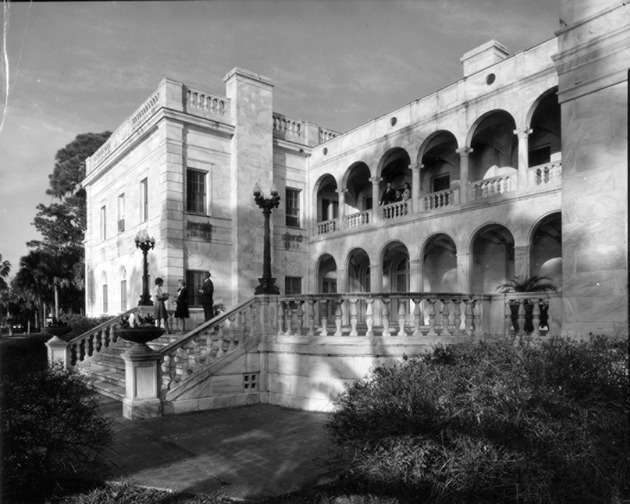Who will be New College’s next president? Between navigating the post-coronavirus world, trying to avoid the wrath of the Florida legislature and with a suspected budget cut going into 2021 on top of it all, it will be a challenging venture. However, when current President Donal O’Shea leaves, someone will need to take his place.
The Board of Trustees (BOT), who will be appointing the position, has laid out a number of expectations for the next president. As listed on the leadership profile, they expect the incoming leadership to:
• “Pursue vision with energy and purpose.” The desire is that the president will reinforce what makes New College distinctive, while also “staking new ground as a leader in higher education’s response to the intense economic, public health and social issues facing our world.”
• “Execute a plan for growth.” This is referring to the growth plan the BOT committed to 2018.The incoming president is expected to raise enrollment to 1,200 students and increase the four-year graduation rate to 80% by the 2024–2025 school year. Currently, there are 676 undergraduate students and 29 graduate students, according to the same document.
• “Build an inclusive and supportive culture for all.” The next president will be expected to strengthen the college’s commitment “to the values of diversity, equity, inclusion and access”, specifically with the establishment of “more platforms for open, campus wide discussions aimed at building community, respect and trust.”
• “Improve organization effectiveness.” The next president will be tasked with a more strategic implementation of the school’s resources and must “embrace a culture and environment where the ideal and aspiration must be balanced with the practical requirement to fulfill the accountability plan.”
• “Grow the resource base.” The president is expected to serve as the college’s “lead fundraiser,” with the “ability to secure both public and private dollars to address the college’s significant building challenges.”
• “Raise visibility.” The next president is to raise the college’s low profile amongst potential students, as well as advocate its “distinct advantages” with “public officials, system staff, local community members and other important partners.”
Additionally, the BOT laid out a number of personal qualities they are seeking in the next president, ranging from “energy”, to “agency, to “commitment to shared governance” and to “the self-knowledge, humility, empathy, wisdom and integrity to never take anyone for granted, to accept mistakes and criticism as necessary for success and to know when to put on the brakes, push on the accelerator, take the blame and celebrate the success of others.”
“The kinds of people who will most likely meet this profile are people who are, of course, presidents who have a good experience of a liberal arts college or a public college,” Mary Ruiz, Chair of the BOT, said. “But they could come from other kinds of experiences, people who maybe were Dean of Faculty or Academic Affairs at a bigger college. Some people may come up through other aspects; other colleges have had presidents who were Chief of Admissions or Chief of Student Affairs.”
The Board put a “soft close” on accepting applications on Feb. 28, though they are willing to consider applications that have arrived afterwards, until they have officially hired the next president. Then the yet-to-be-formed Presidential Search Committee selected applicants for interviews on March 1 and will begin to hold first-round interviews on March 8. On March 11, they will decide on at least two candidates to hold face-to-face on-campus interviews that will take place between Mar. 29 and Apr. 9.

